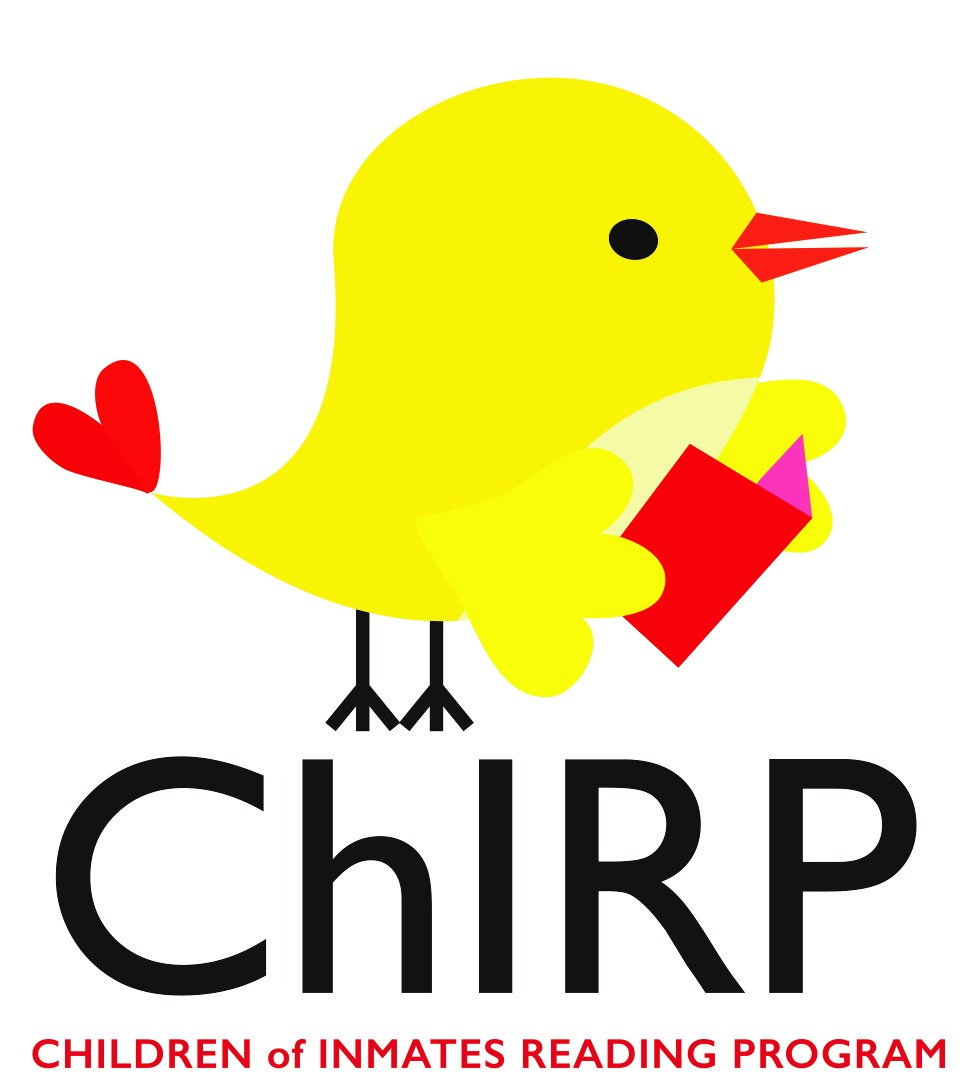Reading books to build family bonds
Let's Talk > Read our stories > Reading books to build family bonds

Reading books to build family bonds
October 20, 2023

Carla Veitch knows kids’ books. And she knows the power books have to connect readers. She saw the potential for incarcerated parents to bond with their kids by reading to them.
In 2006, the former children's programmer at the public library approached Beavercreek Institution in Gravenhurst, Ontario, with an idea. Offenders would be recorded reading a children’s book aloud. The book and the recording would be sent to their child who could look at the pages while listening to their parent reading it.
“For some of these guys here in Gravenhurst, it would be an eight-hour drive for the family to come and visit them. So, they don't see their children,” said Carla.
Kevin MacInnis, Executive Director of Education, Ontario Region, liked Carla’s idea. The first Children of Inmates Reading Program, or ChIRP, began at Beavercreek. Once a month, Carla and another volunteer would spend several hours at the Institution. They used the chapel as a quiet space to meet and record the men reading.
Introducing ChIRP
From the start, the idea of reading to their children appealed to the inmates. Carla said about 20 men would be waiting to participate when they arrived each month. A table would be laid out with 60 to 70 picture books, written for two to 12-year-olds. The second volunteer would help the men choose a book and encourage them to practice reading aloud before they’d go in to record it. This helped them build confidence, particularly reading an English book if English was their second language.

Initially, the readings were recorded on a tape cassette player. The cassette and book would then be mailed to the family. Cassettes were replaced with CDs and now families receive the recorded reading on a USB flash drive.
“The important thing is the family is getting the book as well, so they have the book and the recording.”
Carla said the feedback on the program has been nothing but positive.
“We've had guys say they've had their child read the book back to them over the phone. Or they've said, ‘Wow, I can't believe my kid loves looking at the books,’ or ‘he started to read it because I'm reading it with him,’” said Carla.
Kevin noted that reading the books has a deeper value.
“It's good for the offenders’ literacy,” he said. “But I would argue, more importantly, it's good for the children's literacy. And that's the intergenerational crime thing, the cycle we're trying to break here.”
The program’s popularity and success spread. ChIRP is now in 15 institutions across the country.
Carroll Calder, the librarian at Grand Valley Institution for Women in Kitchener, Ontario, facilitates the program there and supports the volunteers who run it.
“The impact of these types of programs, such as ChIRP, is not only for the children and their literacy—which are huge in and of themselves—but also for the extended family who are caring for the children, for the mothers, fathers, sisters, etc., of our incarcerated,” said Carroll.
"I have heard back from countless families how mom/dad/sister/aunt were overjoyed to hear their loved one’s voices reading these books."
Importance of story time
Mrs. L., whose husband was incarcerated at Beavercreek, talked about how important ChIRP was to her.
“This program has been able to keep a close bond between my son and his daddy. My son always was so happy every time he received his special book from his daddy and couldn’t wait till bedtime to listen to the story,” she said.
Mrs. L. talked about how valuable the program was to her husband too. It helped him feel connected to his child. Knowing that his young son could hear his voice and enjoy a story read by him, helped him get through the difficult time when he was there.
Sarah, who is incarcerated at Grand Valley Institution, shared what the program means to her.
“I wanted a way to still feel included in the lives of my grandson and stepdaughter. I think reading is so important for young children and I really love the fact they can hear my voice,” said Sarah. “Being away from them is so hard. So, the CHIRP program allows me to connect with them in a positive way. Plus, they won’t forget the sound of my voice.”

Vito, a participant at Beavercreek Institution, said, “I wanted to let my grandchildren and daughters know that I am thinking about them. I’m reading to stay in touch. They can hear my voice. I am okay and wanting to stay in their lives.”
Vito has participated in the program for six months, but some of the individuals have been reading for years. Their children, or grandchildren, have received hundreds of books and recordings from them that have helped build and maintain a family bond.
“I know from stories that I have heard; many children end up not even communicating with their father and, worse, not even having a relationship at all,” said Mrs. L. “This program not only allows the father and child to stay connected, but it also helps the inmate to feel like they can provide some kind of education and gift to their child every month. And it helps keep them on track with their rehabilitation and success.”
“It's hard to overstate the value of something like this,” said Kevin. “From a reintegration, from an intervention perspective, this is really valuable.”

The Correctional Service of Canada (CSC) is grateful for the inspiration, ideas, and dedicated efforts of community volunteers like Carla who delivers support services such as ChIRP to those in its care and custody. Noting the benefits that ChIRP provides to incarcerated individuals and their families, CSC is looking to expand the program to more institutions in the coming years.
ChIRP would not be possible without the generous support and book donations made possible by Book Club for Inmates, a registered charity that organizes 40 volunteer-led book clubs within federal penitentiaries across Canada.

